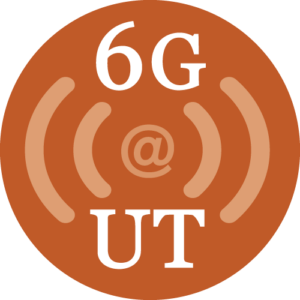October 2020: This recent article from BBC explores the modern world’s dependence on GPS and some possible position, navigation, and timing alternatives. We depend on GPS for everything from turn-by-turn navigation to banking transactions, but the system has some critical vulnerabilities to jamming and spoofing.
“There is a growing recognition of the need to protect, toughen, and augment GPS,” Humphreys said, “There is also the remote threat that the whole GPS constellation could be rendered inoperable in the initial salvo of a war targeting the US economy by attacking critical infrastructure.”
Many research groups are developing possible alternatives like terrestrial, inertial, and even celestial navigation, but none of these have been able to fully replace GPS.











